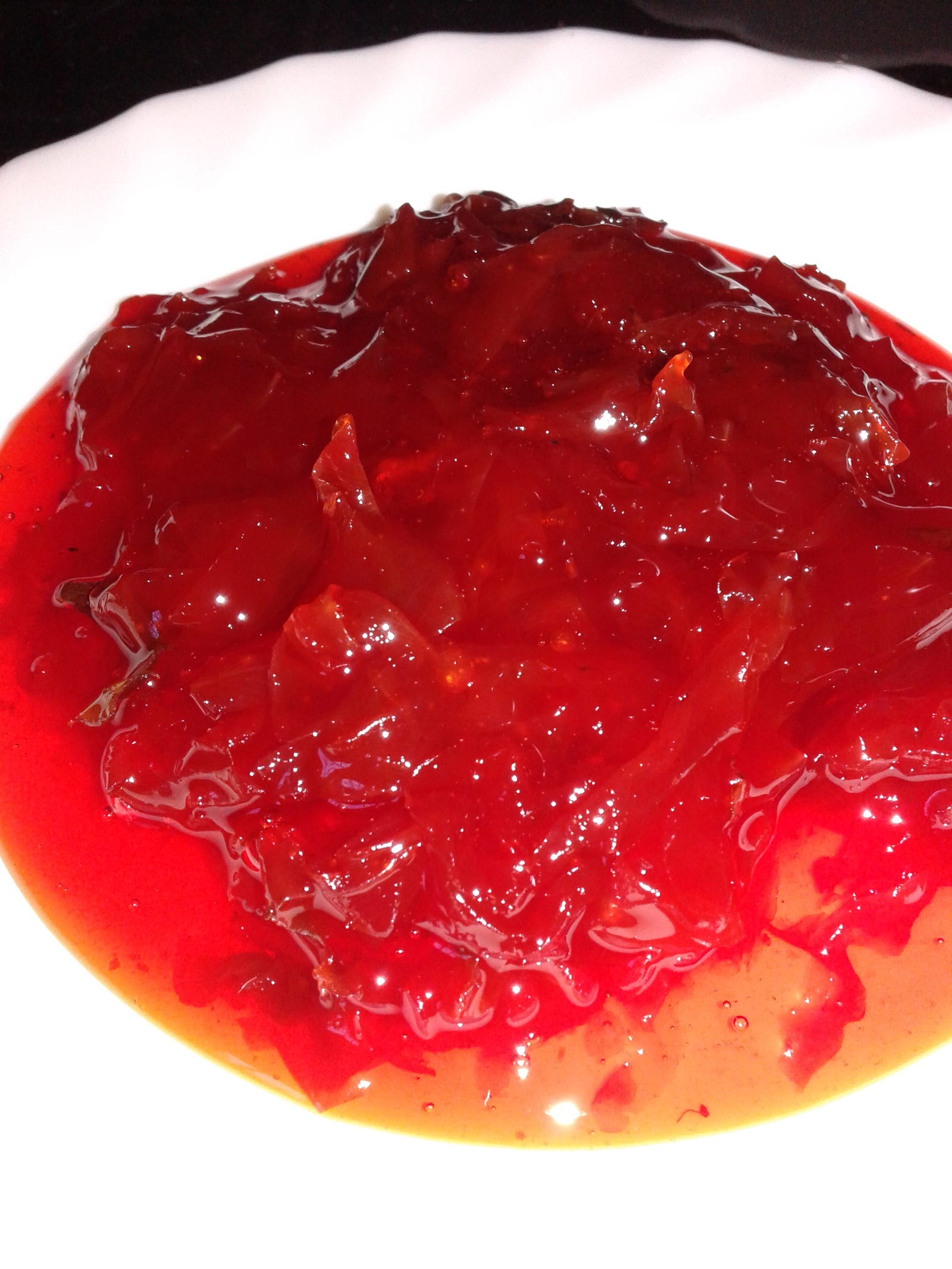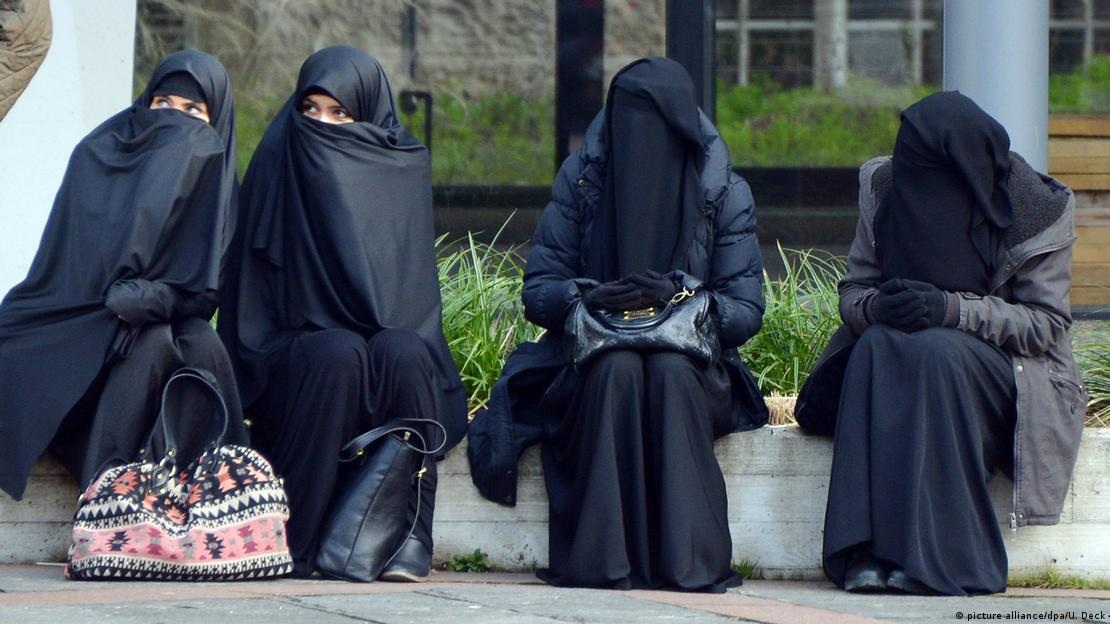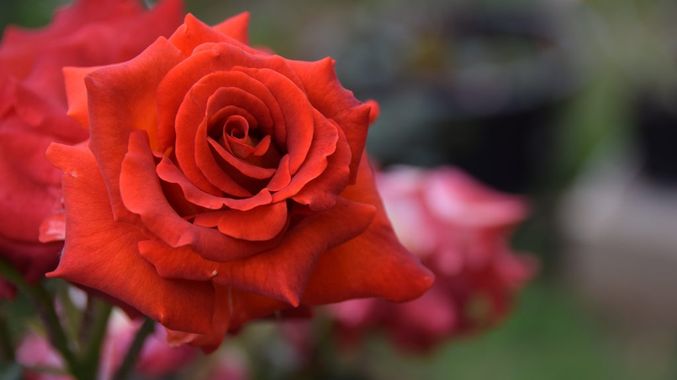
By: Ibrahim Alalou
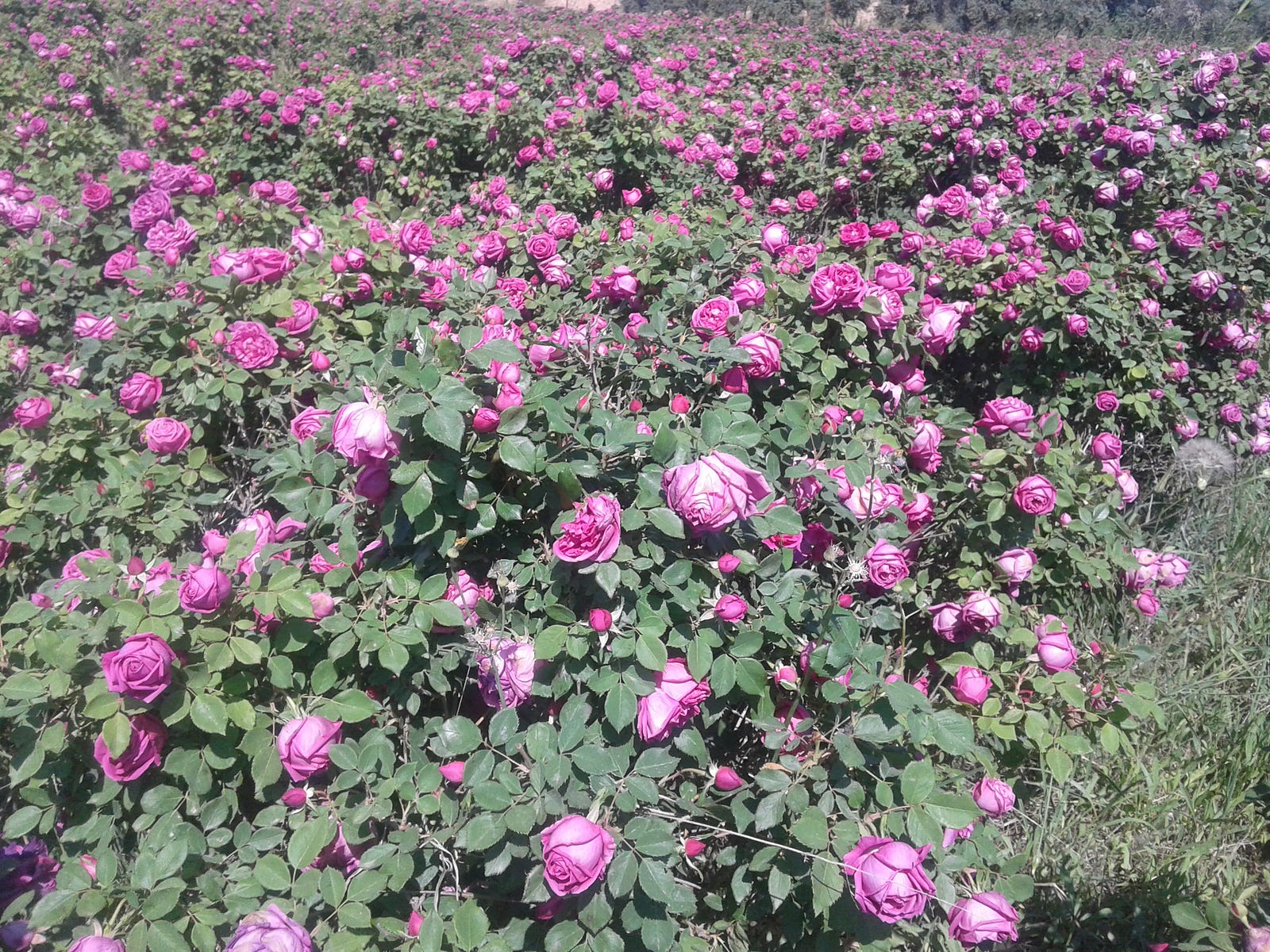
A half acre of roses at my farm in Syria.
I have a big farm in northern Syria. The story of the farm is worth telling, at least from my point of view. The reasons are many and it will take several posts but what better to start with other than the rose story. Let us go.
I started the farm from scratch. It was a dry land that we use to seed with barley hoping for rain to come. At our location the annual rainfall on a good year is 200 millimeters, not much but sufficient for a dry land agriculture. If you go further north you may get up to 300 millimeters a year which will be favorable for wheat culture. It is the kind of sustainability that was practiced in this part of the world since the birth of agriculture 10000 years ago.
I tried to sweeten the scenery a little bit especially at the entrance of the farm but had limited choices. In the winter we have harsh weather that in some years will be dry with subfreezing temperatures (the minimum I witnessed was — minus 12 Celsius) and in the summer it may goes up to a scorching 45 Celsius.
After a good thought I decided on roses. Since I did not have a nursery that sells them in my city I had to go to a suburb near Damascus to get them, quiet a distance 500+ kilometers. So in the winter of 1999 I made the arrangement with the nursery owner so he pulled the shrubs for me and get them ready.
Of course in the rose case you have them in the mulch state which means you pull them during the dormant season with no soil attached and pack them accordingly.
I drove early and before noon I was at the nursery stacked my woody shrubs, cover them with tarp and hit the road back in my Kia pick-up.
Next morning I was as usual at the farm at 6 A.M with my staff waiting for me.
I told one of them to take the tarp off and noticed his amusement: What is this woody, spiky thing you brought this time? I answered: ROSES. Today we are going to plant roses guys. None of them had any experiment with roses before and I noticed how skeptical they were but anyway boss says, so you do. That is it.
-How many shrubs you got?
-2500, I said.
-Let us hope they did not cost you much?
-50000 Liras (Syrian pounds, which at that time amounted to 1000 U.S. dollars).
-I heard them talking to each other about the miserable boss(me) who paid such a huge sum of money for a pile of wood.
Before dusk we were finished planting and installing the drip irrigation tubes and even irrigating these cuties (for me) while the others thought I was insane.
Time went by and in less than four months we had these gorgeous roses that had a stunning scent.
Now the guys changed their minds and started to believe in what I was doing.
Even I noticed that they start taking photos in this half acre of heavenly fragrance.
Now the good part: What do you do with them? Any buyers?
But before that how much rose petals you get?
We used to pick them at sunrise over a period of 4 weeks and the total fresh weight season-long would be around 4 tons. That is a lot petals.
The main use for them was rose jelly. Sounds weird?
Not exactly. First it is not just petals. When you pick you grab the whole rose “head” or more accurately the rose hip which will contain also the pollen.
We put them as soon as possible to the market so local sells them to buyers who take them home, separate the petals from the hips and pollen, and sift them.
The good part: After sifting you “knead them” with some lemon juice until you extract the rose “water” which will be dark pink in color. Now separate this perfumed water and add the kneaded petals to sugar syrup until it boils then finally add the rosy water let it boil for 15 minutes then into an ice bath.
After it cools down you put them in mason jars and they can be kept at the fridge for a year (I doubt they will last that long, so fragrant and yummy). Usually people will eat them at breakfast with cheese or add them to pastries.
You can make a herbal tea mix with other herbs called in Arabic zouhorat shameea( زهورات شامية) with some dried rose hips giving it an extra boost of vitamin C.
The ultimate use is the extraction of rose oil (called attar of roses عطر الورد) from Rosa damascena species. The precious oil is obtained by steam distillation of crushed rose petals where rose water is a by-product. But the most expensive product is the Rosa absolute where you need 2000 flowers to produce 1 gram of oil which may fetch 10 U.S dollars per mil.
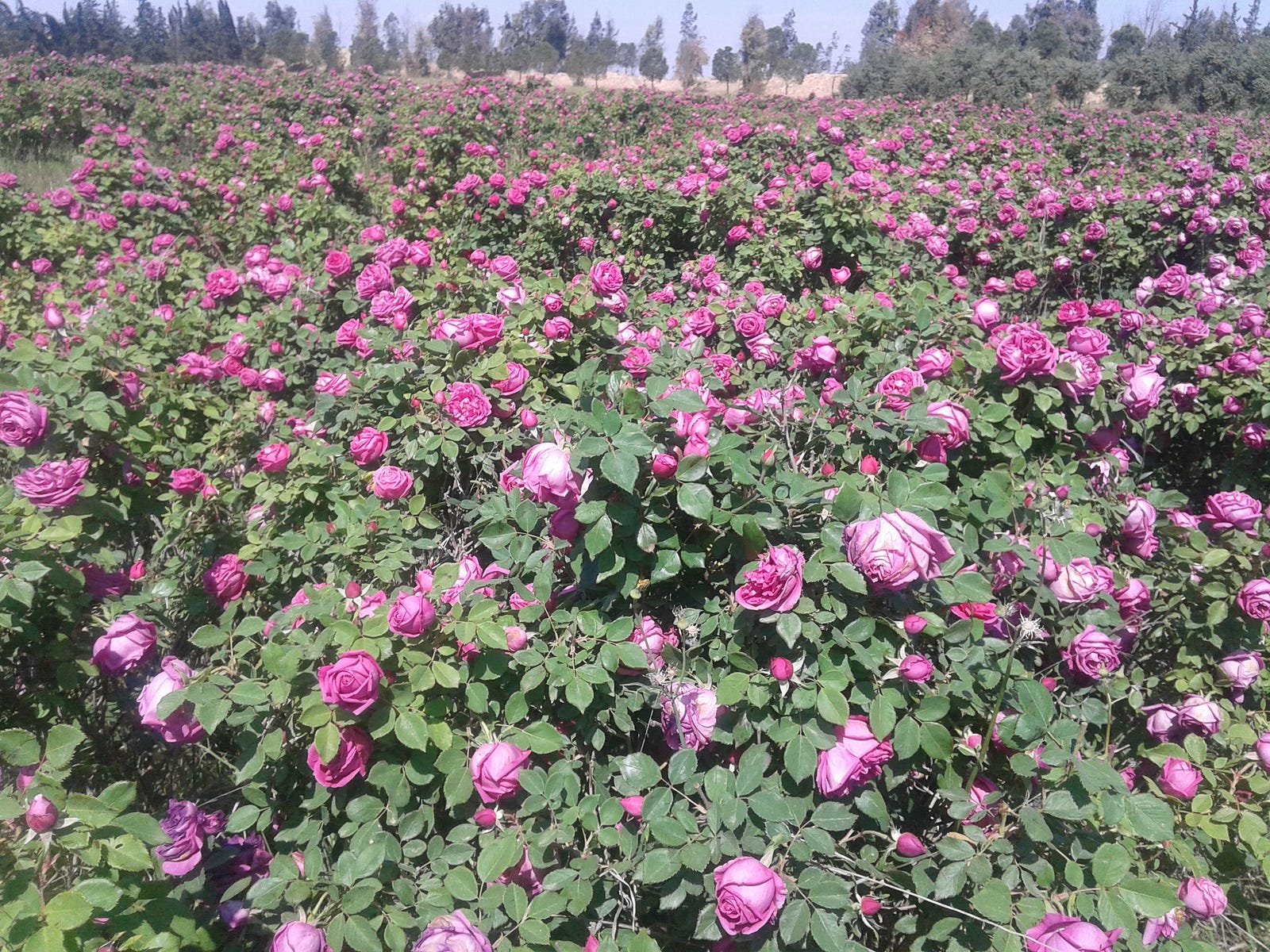
Hope you can smell my precious roses.
Needless to say I did not go into the perfume business and just barely selling them to locals who made these jellies to supplement their diet with a class a scent. But at least my staff was now the first to pick and make those jellies at the vicinity.
